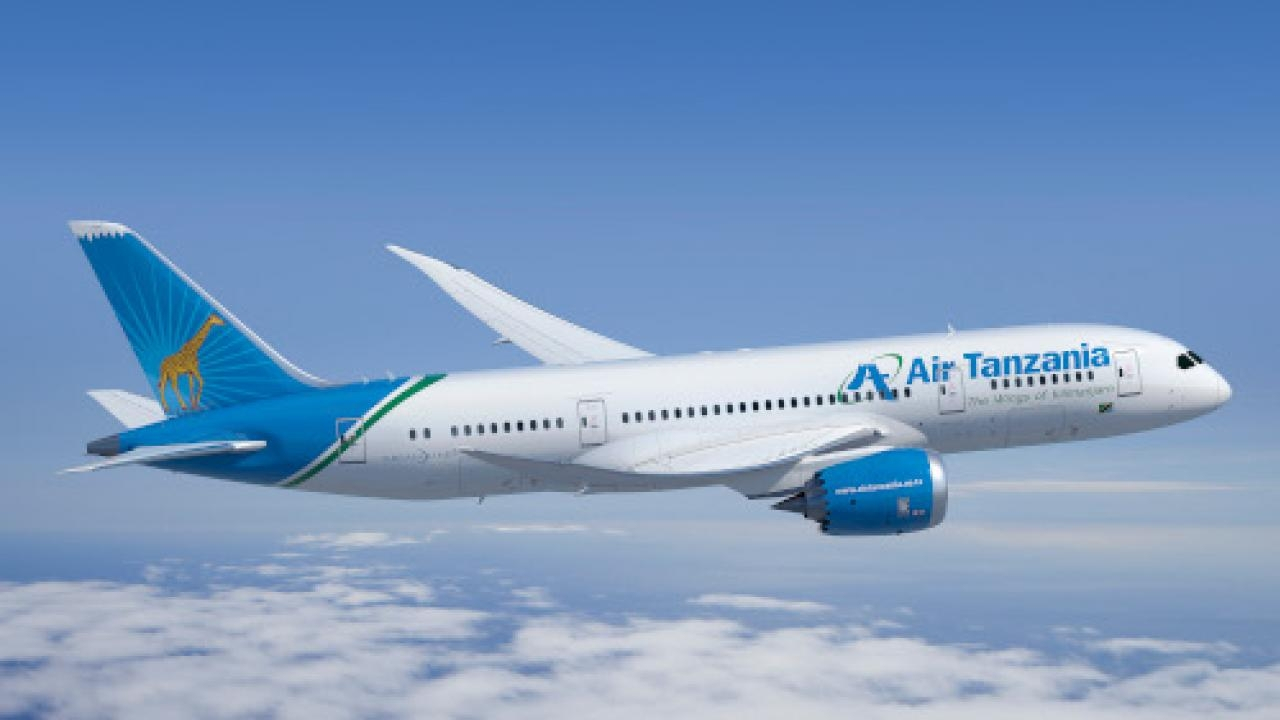Global airline carbon scheme risks major turbulence without urgent action
The Carbon Offsetting and Reduction Scheme for International Aviation (CORSIA) faces a looming supply crunch that could derail its First Phase, warns a new report by carbon market intelligence firm Sylvera.

Image: CORSIA
With airlines required to purchase up to 144 million carbon credits by January 2028, the report highlights that very few host countries are ready to authorise the credits needed to meet this demand. Without swift regulatory and market action, CORSIA could fall into partial or even total non-compliance.
Key findings from the report, which features insights from 40+ policy and market experts who participated in roundtable discussions hosted by Sylvera recently, include:
Just one project has issued CORSIA-eligible units so far. Without wider host country authorisations, supply could fall short by tens of millions of credits.
Credit prices could surge to $25-$36 or more by 2027. In the worst-case scenarios, they may spike above $60.
Fewer than half of the major emitting countries have moved to enforce CORSIA. Notably, the top two emitters, China and the USA, have not confirmed their intention to enforce the scheme.
If fully implemented, CORSIA could match the value of the entire voluntary carbon market, reshaping global carbon finance.
Based on a vote by market insiders who participated in the roundtable discussions, the most likely outcome is partial compliance with a limited credit supply, meaning that only some jurisdictions – such as the EU, UK, Japan, and the UAE – may enforce CORSIA First Phase compliance obligations. This could undermine the credibility of the scheme and create uneven costs for airlines.
Sylvera’s CEO, Allister Furey, said: “Our recent data simulations and conversations with market experts reveal fascinating market tensions that airlines and stakeholders should understand. While airlines might be purchasing up to 144 million eligible emissions units by January 2028, the authorisation process under Article 6 of the Paris Agreement is creating unique supply dynamics that will define this nascent market.
What makes this particularly challenging is the chain of uncertainty it creates. Many regulators haven't yet defined enforcement rules, airlines are hesitant to commit without supply certainty, and host countries see no urgency to accelerate the authorisation of credits without clear demand signals.”
Furey added: “The opportunity here lies with the organisations that understand and navigate this supply challenge, who will not only secure their compliance obligations but gain significant economic advantage in a potential supply crunch.”
Stay up to date
Subscribe to the free Times Aerospace newsletter and receive the latest content every week. We'll never share your email address.

